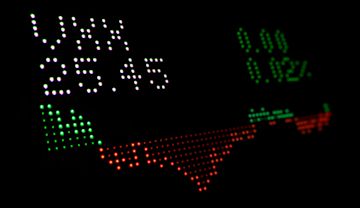
ETF vs Index Funds: A Complete Guide to Choosing the Right Investment for Your Portfolio
ETFs and index funds are popular investment vehicles that offer low-cost, diversified exposure to financial markets. Here's what you need to know about their key differences and how to choose between them.
Key Characteristics Both Share:
- Track market indices (like S&P 500)
- Provide diversified exposure through a single investment
- Feature low management costs
- Offer passive investment management
Key Differences:
Trading Mechanism:
- ETFs trade like stocks in real-time throughout market hours
- Index funds trade once daily at the closing price
Investment Structure:
- ETFs invest 100% of funds in the market
- Index funds maintain some cash reserves for liquidity
Tax Implications:
- ETFs trigger taxes when sold (capital gains)
- Index funds allow tax-free transfers between funds within the same family
- Both follow these tax brackets on profits:
- 19% up to €6,000
- 21% from €6,001 to €50,000
- 23% from €50,001 to €200,000
- 27% from €200,001 to €300,000
- 28% above €300,000
Choose ETFs if you:
- Have stock trading experience
- Want intraday trading capability
- Prefer maximum market exposure
- Need high liquidity
Choose Index Funds if you:
- Plan regular automated investments
- Want to make fund transfers without tax implications
- Prefer end-of-day pricing
- Are comfortable with basic investment products

Hand holding phone with banking app

Phone displaying investment chart

Market volatility chart

Stock chart with red candles

Three people reviewing financial investments

Market volatility chart

Stock chart with red candles

Three people reviewing financial investments
Related Articles
IRA vs. 401(k): Essential Differences & How to Choose the Right Retirement Plan
